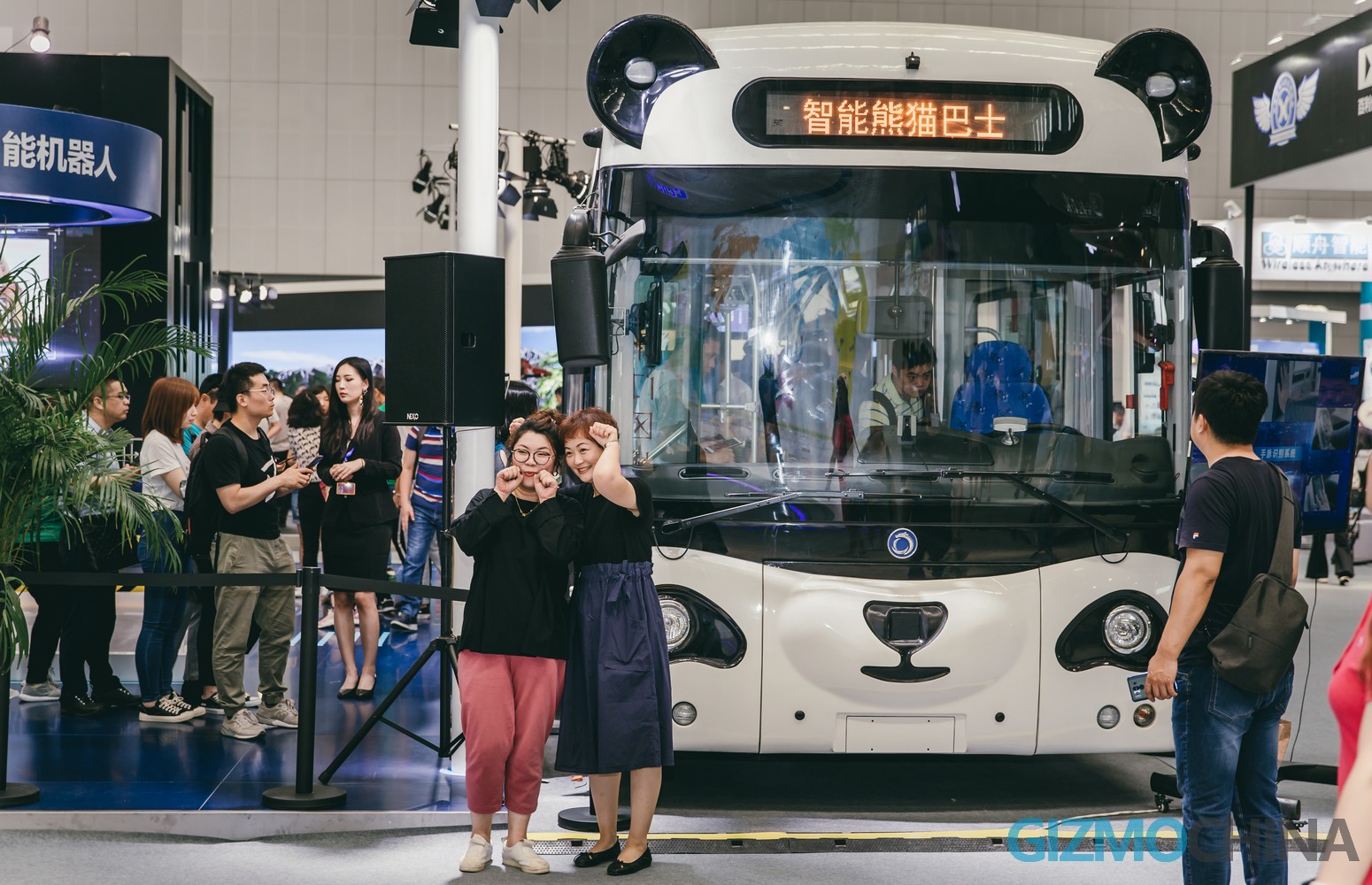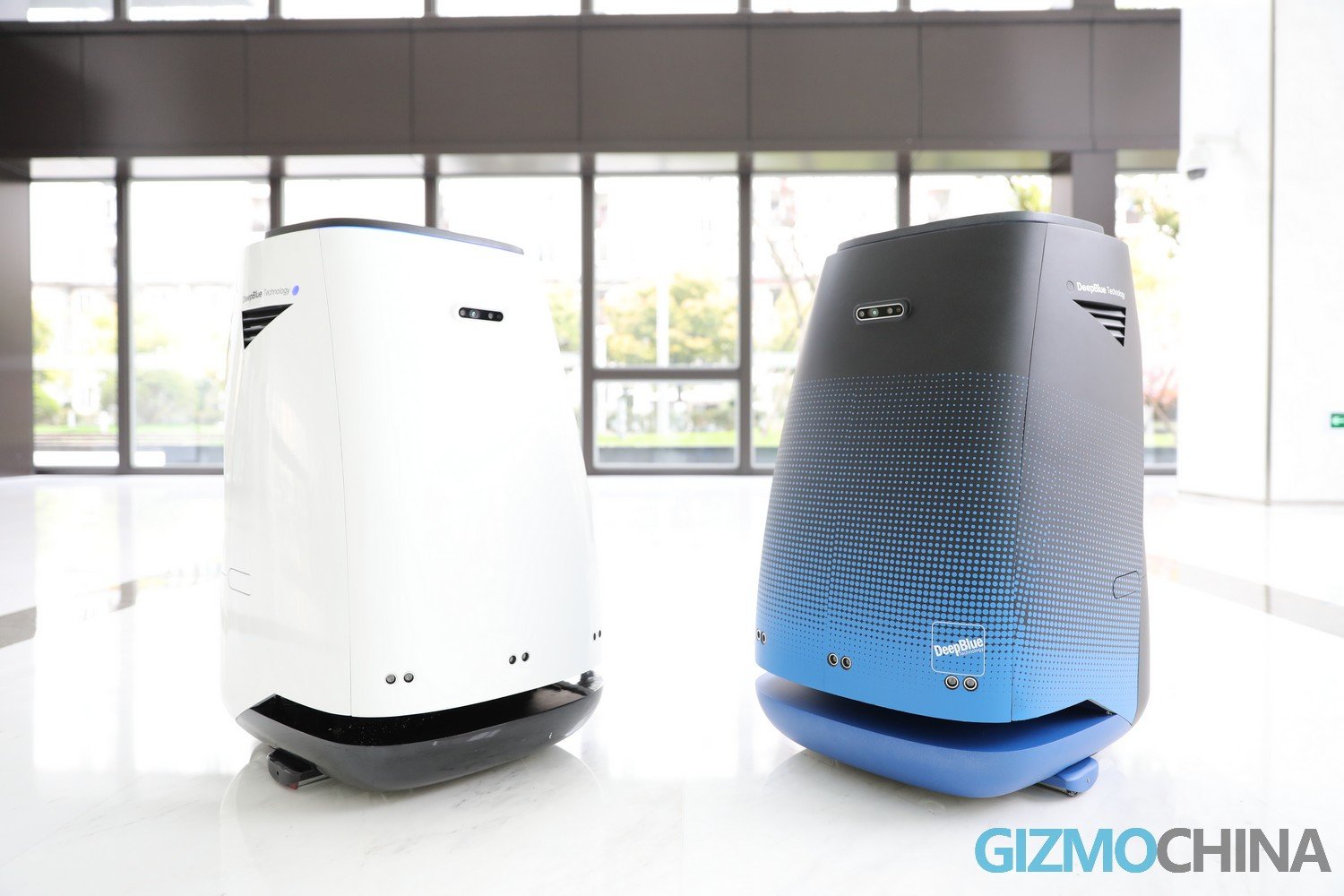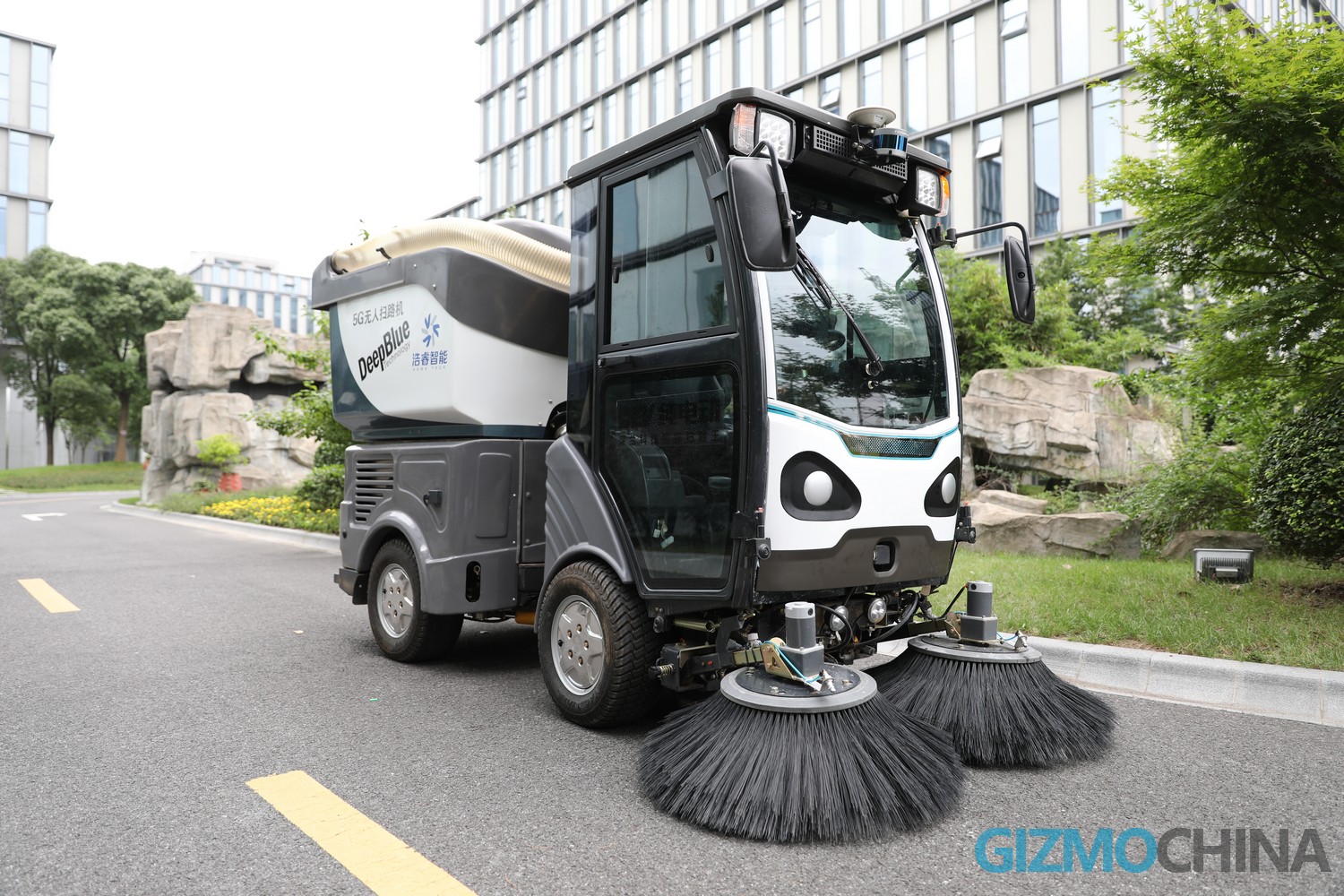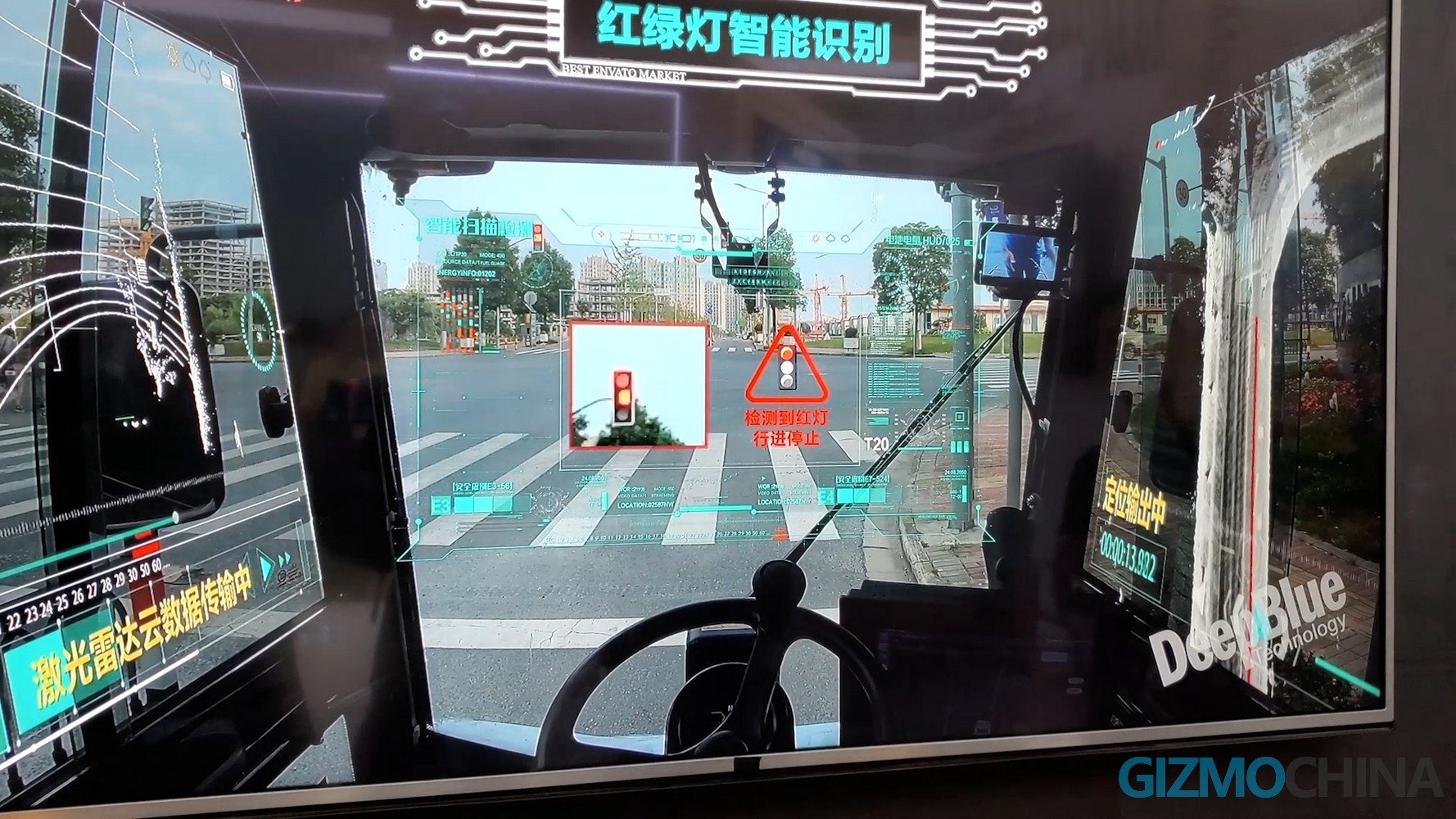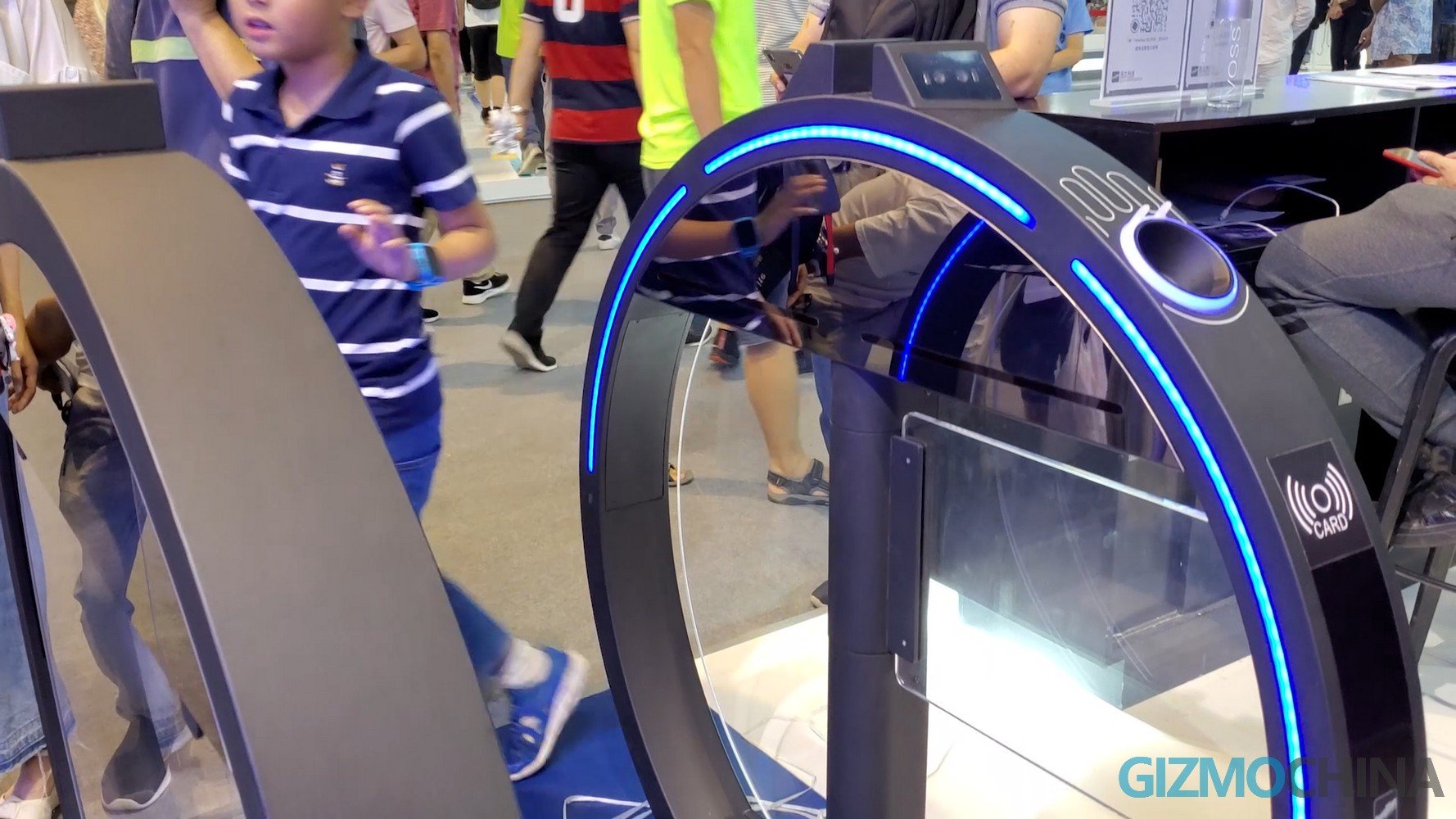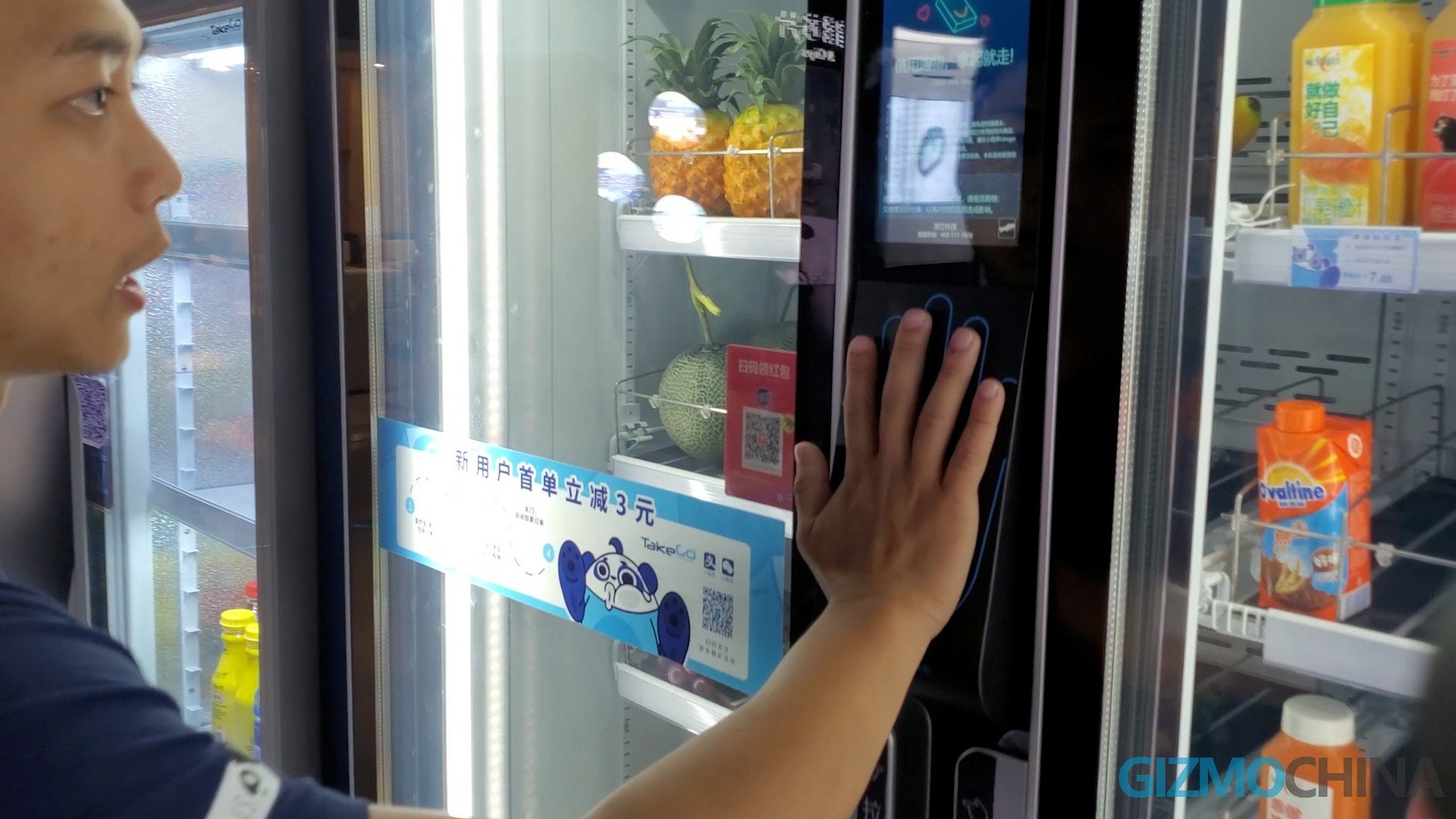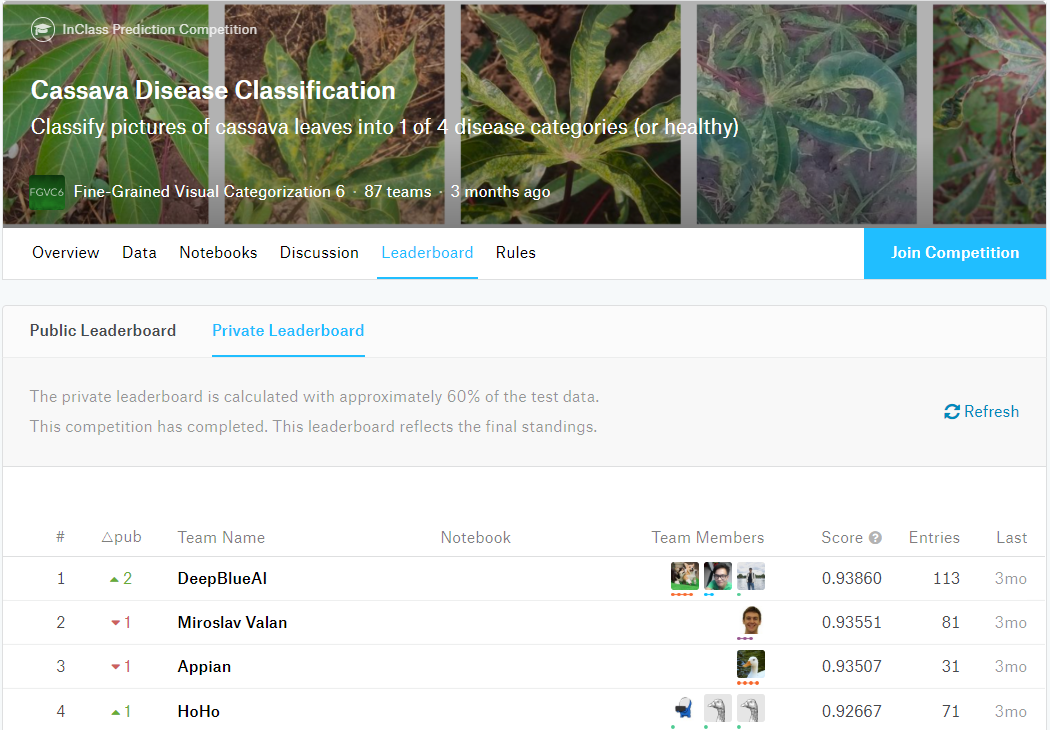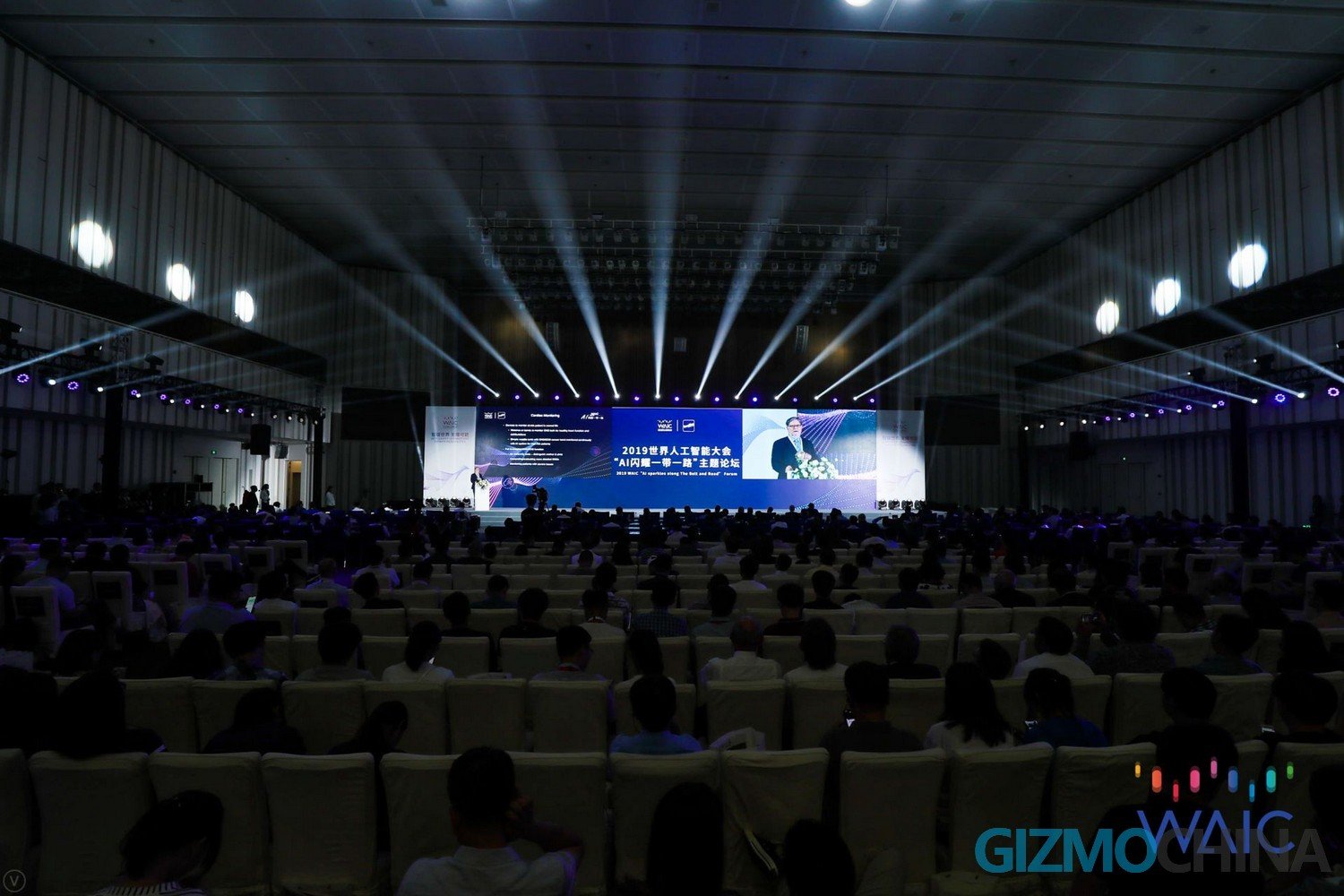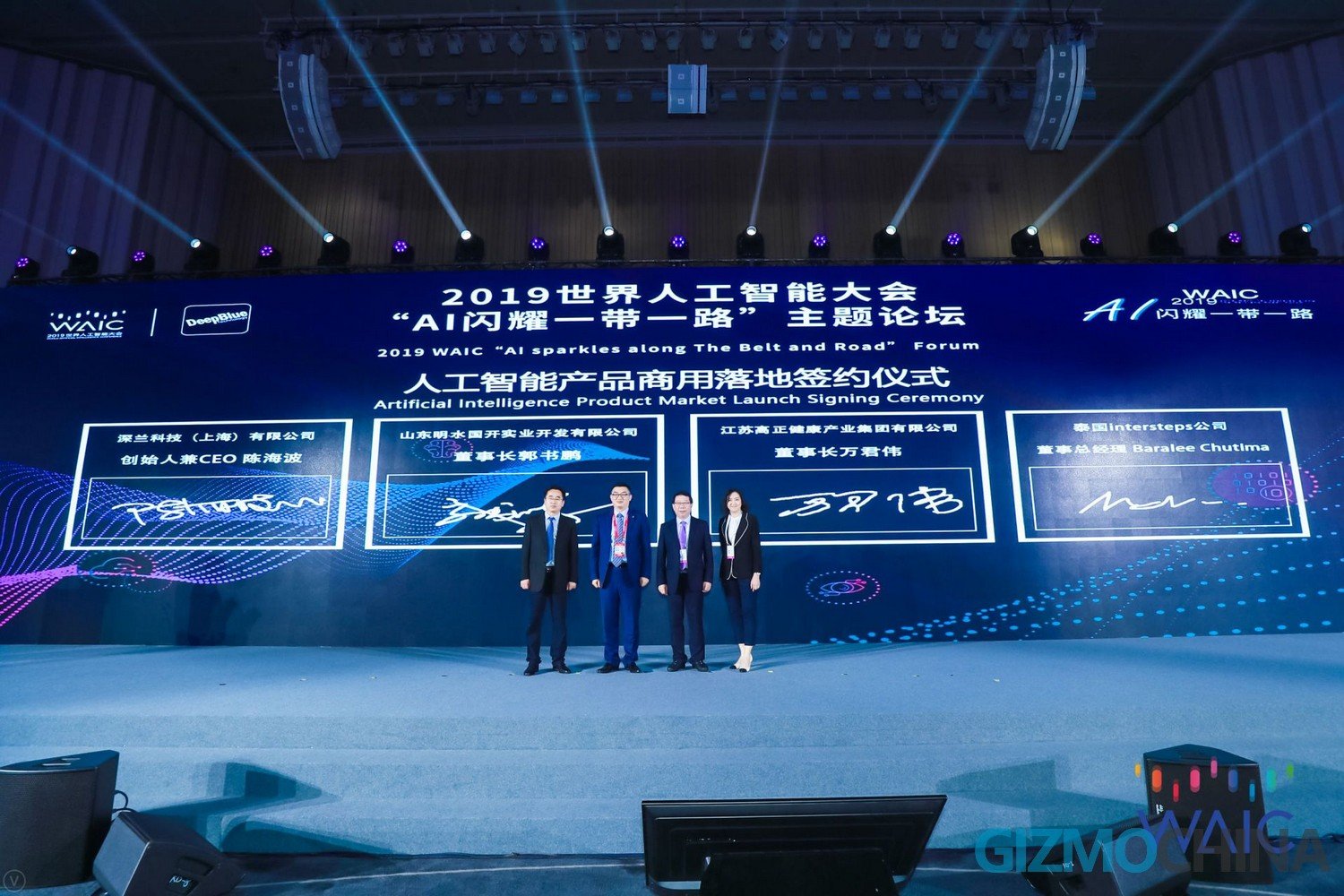WAIC 2019
From autopilot solution to the self-driving bus, from artificial intelligence (AI) algorithm to commercial solutions, from AI chips to industrial production, products supported by creative AI technologies from over 300 Chinese and international corporations was exhibited at the 2019 World Artificial Intelligence Conference (WAIC 2019) held in Shanghai last week. Thousands of cutting-edge technologies and products claim an AI competition for future human societies has reached a critical point. It’s about how human beings enter the fourth industrial revolution.
The government-supported WAIC 2019 shows the determination that China is seeking an important role even a leadership during the fourth industrial revolution. But worth noticing is that the critical characters are still those AI companies and academics. Deepblue Technology, a Chinese unicorn startup, is one of them.
Deepblue Technology
Deepblue was founded in 2014 by a team of returning Ph.D. professionals. With a guiding principle of ‘Serving humanity through AI’, they are working on the AI basic research & application development and has made significant breakthroughs in these two fields. Although running for only 5 years since its establishment in 2014, Deepblue has already made its appearance in the industry and academics circles.
Compared to other AI technology companies, Deepblue showcased more about their business and application for a specific destination to consider both hardware and software. Deepblue has 4 production centers in three different cities (Changzhou, Jinan, Deyang) in China for its AI products production, which supports their confidence to claim the capacity of independent R&D and manufacturing. At WAIC 2019, their star products, the AI Panda Bus, and the Panda Road sweeper, attracted a lot of attention from both professionals and general visitors. These two products integrated the core AI technologies of Deepblue, such as L3-L4 autonomous driving, computer vision, biological intelligence, and voice interactive system.
AI Panda Bus
Deepblue has received various orders from both the domestic and foreign market. In the domestic market, the AI Panda Bus has been allowed to run in certain areas containing Shanghai, Tianjin, Guangzhou and so on, where have enormous transport pressure and increasing labor cost. Especially in Guangzhou, the AI Panda Bus is the only autonomous bus which obtained the road-test qualification. For foreign markets, according to the latest report, Bangkok city, one of the most densely populated travel cities, is in negotiations for the Panda Bus and started having cooperation with Deepblue.
L3-L4 autonomous driving
Based on machine vision, Deepblue’s multi-sensor fusion technology combines the latest intelligent decision-making navigational aids with reinforcement learning, which allows the bus to achieve a commercial level for serving the public transportation while saving labor cost and improve efficiency. Meanwhile, the public bus transportation gives an advantage of fixed routing and united monitoring while allowing to Deepblue’s Panda Bus to adapt to specific road environments.
Biometric access & AI retail
The Panda bus equips the latest Deepblue palm-vein recognition system for access and built-in retail payment. Compared to facial and fingerprint recognition, the new palm-vein recognition more concerns passengers’ privacy and data security with high efficiency.
Deepblue opened an experience zone at WAIC 2019 for visitors. It attracted huge visitors to line up for the AI Panda Bus. The curious crowds presented a positive attitude on such intelligent vehicles, especially were fond of the AI retail on the bus. On the contrary, most visitors all mentioned a safety concern that whether such a large public bus can run well and guarantee passengers’ safety, especially when facing some emergencies. Deepblue responded that they have passed all kind of rigorous testing from the government and public-traffic service providers, which all gives priority to international safety standards. allowing them, to progress to receiving different tests from domestic and foreign clients.
Deepblue vision&focus
To learn more about Deepblue’s R&D capability, we were invited to visit it’s headquarters in Shanghai. They introduced that Deepblue has cooperated with academic institutions and built up over 6 laboratories and research centers in Asia and Europe, covering intelligent manufacture, data&financial security, AI chip, edge computing, machine vision and so on.
As their CEO Mr. Anderson Chen said, their strategic products and directions are mainly covering three fields: intelligent vehicles, intelligent environment and AI city, which are also the ineluctable trend of the world. ‘We believe AI technology should be used to serve humanity and benefit the public’. To prove their confidence and ability as an AI pioneer, Deepblue showed us many awards of different AI global competitions in recent years. For example, on the CVPR 2019 Cassava disease Classification Competition held by CVPR, DeepblueAI Team won the first prize. CVPR held by IEEE is one of the top conferences on machine vision and mode recognition in the world. Through academic involvement, Deepblue adopts a much more proactive approach to training AI professionals, not just for skill improvement but also for a better understanding of AI ethics.
Deepblue forum at WAIC 2019
On August 31, Deepblue held a forum at WAIC 2019, titled ‘AI Sparkles along the Belt and Road’. The forum was attended by prominent luminaries to discuss AI development and its future. One of the most important scientists, the Nobel laureate in physics, Prof George Fitzgerald Smoot III gave a significant speech talking about the research and application of AI in life sciences, which is widely considered as a critical field of AI application.
At the forum, Deepblue announced its collaboration with the School of Computing at the National University of Singapore (NUS) to jointly conduct research on computer vision.
Meanwhile, Deepblue’s founder, Mr. Anderson Chen announced their various business achievements worldwide. GZ Health, one of the largest property management companies in China, signed an order for 100 AI road Sweepers and 1000 Automated Vacuum Robots for their nationwide facilities and surroundings, which covers airports, train stations, hospitals, highways, and office buildings. The order is estimated to be worth around 150 million RMB.
Deepblue also signed an order to supply Guokai Research with 100,000 sets of genome sequencing kits used as a supplementary health checkup for civil servants in Jinan city. The largest retail conglomerate in Thailand, Charoen Pokhand Group (CP Group) will sign an agreement with plans to rollout Deepblue’s AI Self-checkout machines in 7-Eleven stores in Thailand. The new machines use machine vision to identify and tag products for checkout and billing, saving consumers’ time on scanning the traditional bar-code.
Conclusion
Growing as an epitome of the Chinese AI development though, Deepblue is solidly on their path and showing their global visions. Especially at the critical period when international AI competitions, to some extent, is shaping human beings’ new life, as a global tech media, the Gizmochina team is always looking forward to spreading the pioneer’s latest thinking and also willing to see more participators joining the process. But, perhaps, there is only one Deepblue.



